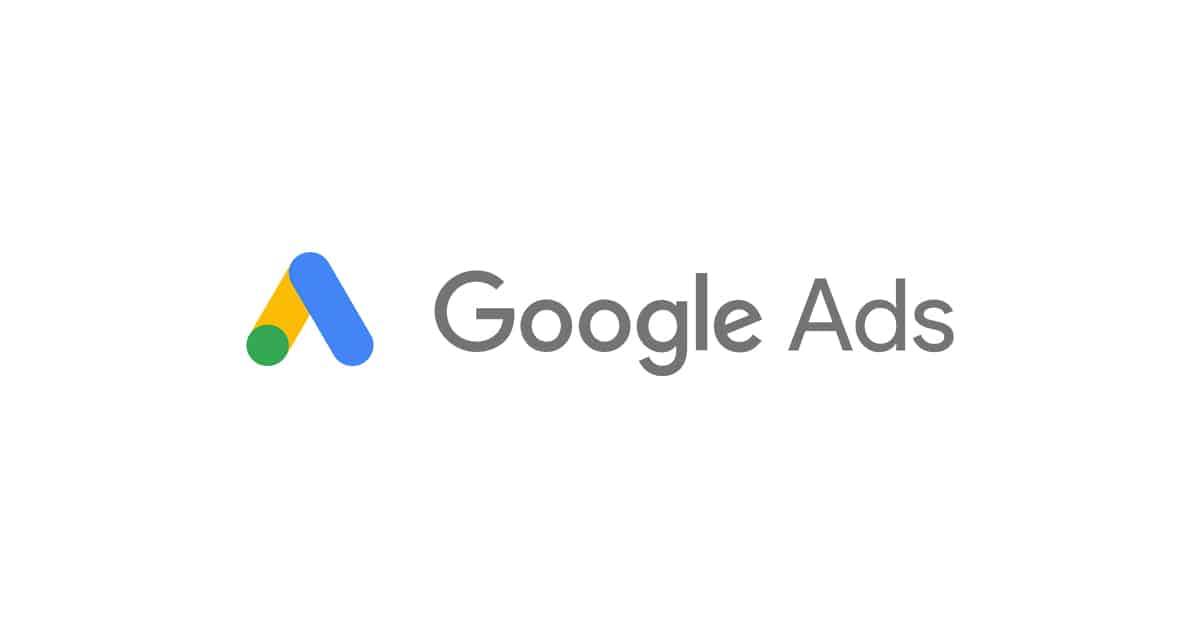When most people hear about Google ads, their primary thoughts instantly jump to the conventional search advertisement that’ll be displayed at the top of the consumer’s results pages. These are, without any doubt, a crucial part of Google ads.
Google display ads, though, are also a vital part of the Google ads, though they do not always get quite as must interest. The Google display network permitted marketers to place ads on relevant and participating sites all over the internet.
Our Google Ads Accounts are perfect for Google Video Ads.
These advertisements are much more visual than traditional search ads, with both videos and images available as formats to pick from.
In this article, we are going to take a look at how you can run Google ad campaigns after buy Google accounts and how to get the most out of your video advertisement campaigns.
Why should we run video ads on Google Display Network?
The Google Display Network and search ads serve two very different marketing purposes, and it is vital to know that upfront. Search ads are shown to a consumer who seeks specific keywords and is shown the ads at the top of their results.
These advertisements are text-based, minimal. These ads are shown to a consumer seeking out specific services, products, or brands and they capture users who’re pretty much actively looking for you. You are funneling the demand that already exists to your company or Business.
Display ads, on another side, will be placed on different participating sites across the internet. They might include images, texts, and videos, and you will see them most often in headers, sidebars, or banners, though they can appear in other formats also.
How to run Google videos ads in Google?
Want to run your video ads campaign on Google? There’re two different techniques of campaign creation that you can pick from. You can either make a Google display network campaign or Google video ads campaign. Both let you add video content to the advertisements.
Let’s look at each!
Display Network Option
This advertisement campaign type will allow you to create the traditional appears on web pages online advertisement that you would associat6e with the Google display network. Choose display when picking your ads campaign type.
Once you do this, choose your ads campaign goal. This can be leads, sales, site traffic, brand awareness, or brand consideration and reach.
Next, you will go through the ad creation procedure as you’d with any other Google ads plan. You will name the ads campaign, set essential area targeting, and pick a budget, a period, and a bid. Next comes through targeting part that you would not see with search ads.
You can pick to target users and pick placement in many different ways. The 1st selection permits you to target by demographic, habits, and interests. There is a very long list of interests to pick from, based on what material users have interacted with in the past.
You can pick what general placements you want your advertisement to appear in. You can pick to target based on specific URLs, topics, keywords, and types of placements like PC vs. mobile. If you want your Google video ads only to be shown to PC users who’re looking at a website about organic beauty items, you can do that.
The Video Option
Creating advertisements under the objective will be the same, so we will look at what is different here. Choose a Google video ads campaign, and then pick your goals. You will be asked if you want to use standard awareness or out stream. It’s made specifically for smart phones, so make your choice carefully here.
The targeting options will be the same. You can ensure that your videos are shown in front of other content on websites that discuss keywords or fit into specific categories of interests.
Perhaps the significant difference with these ads is that you cannot upload new video content; you need to use a video already uploaded to your YouTube channel for your creative.
In a few ways, this can add additional steps to the procedure. Note that if you do not want your Google video ads to be searchable, you can set it is privacy setting to unlisted.
You will be asked what sort of ad that you want to pick – in the stream, bumper ad, video discovery, or out-stream ads. If you want to run these on other sites across the internet, go ahead and pick in the stream. This advertisement will run on YouTube, but it can also be placed on other sites.
Google video ads best practices
Ensure your ads are appearing on relevant websites
Except for retargeting, you will have good luck with your ads campaign when users see your ads campaigns when consumers see your Google video ad on relevant sites. FOR INSTANCE, if I am watching yoga videos, I will be more likely to buy yoga shoes or mat cleaner than if I saw a Google ad for it on a site. I used it to research a business purchase, though I am a similar person across the board.
Add text to your video.
Adding text to videos will boost your outcomes since several videos are played without sound. It’ll help you establish context instantly and catch a consumer’s eye.
Test different videos
Split testing is forever one of the most delicate things for your video ads campaign, no matter what platform you are on. Test videos with different visuals and text to see what cold viewers respond to best. It’ll also be acceptable to test various lengths, though; it’ll be great to keep them to 15 seconds or less in most cases.
Pick your goals carefully.
You can pick whether you want to drive traffic or brand awareness to your website. Please carefully make your choice because it’ll affect your Google ads campaign results.
End words…
Using Google video advertisement either or on YouTube will provide you the advantage of dynamic, engaging video combined with relevance targeting to boost the likelihood that consumers will respond to your Google ad when they see it. Just like all other Pay-per-click platforms, run split tests to evaluate copy, the targeting audience, and even the videos themselves.

